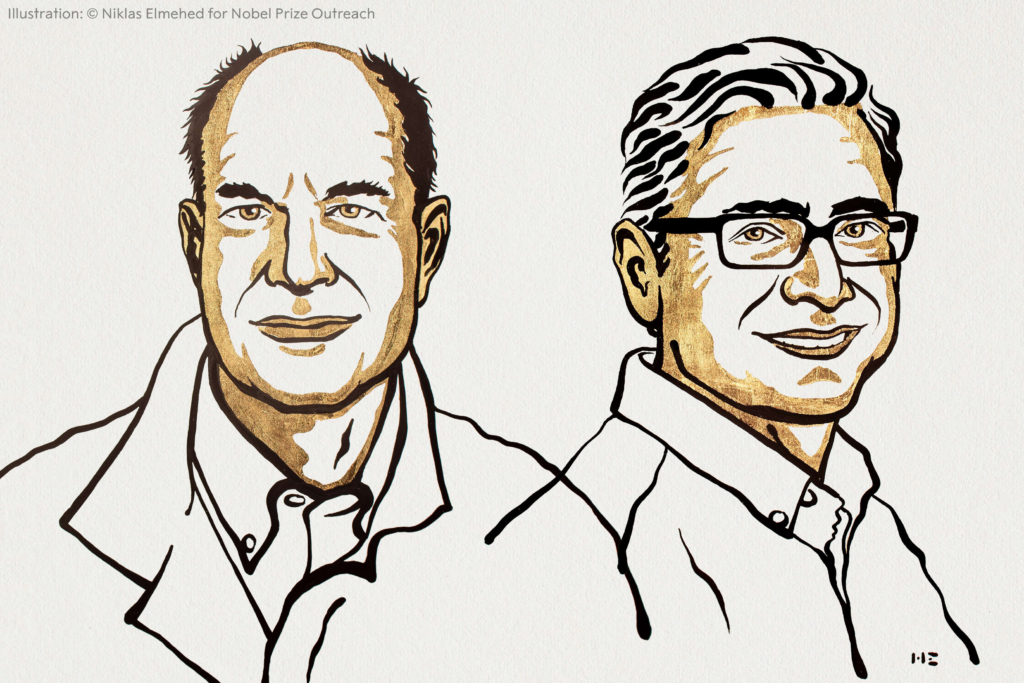After nearly two years of lockdowns and a myriad of restrictions later, the vaccination program against the novel coronavirus is finally underway, much to the admirable efforts of countless scientists responsible for the rapid creation of the vaccine. Nonetheless, this year’s Nobel prize in physiology or medicine has not been awarded to any of the vaccine’s developers.
Instead, two American scientists, David Julius and Ardem Patapoutian, have received the prestigious award for discovering specialized cell receptors for touch and temperature.
The Nobel Prize committee decided to award David Julius and Ardem Patapouitan for their pioneer work on identifying specific genes which allow us to respond to external stimuli and give our body sensory input. During the announcement ceremony in Stockholm on the fourth of October, Thomas Perlman of the Nobel Committee stated that the two newly minted Nobel laureates’ research ”has unlocked one of the secrets of nature,” their research explaining the origin of our sense of touch. These genes are the reason we can feel a crisp breeze, or the stagnant air of a hot sauna on our skin, feel our mouths burn from hot sauce and our tongues freeze from ice cubes, the pain from a stubbed toe, and the warmth of a much-needed hug.
The research, which they conducted using everything from electrical impulses to menthol, has endless potential medicinal and therapeutic applications and could very well be the necessary stepping stone to developing several treatments, ranging from blood pressure medication to managing chronic pain. In a world often hyper-focused on the coronavirus, these two scientists have caused a paradigm shift in our understanding of the human body. The fruition of their work is now being applauded and celebrated by the international scientific community.
The Nobel prize ceremony will be held in Stockholm on December tenth, where King Carl XVI Gustaf of Sweden will bestow scientists David Julius and Ardem Patapoutian with the Nobel prize medal and diploma.










